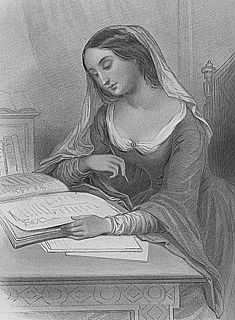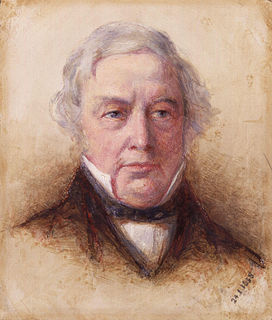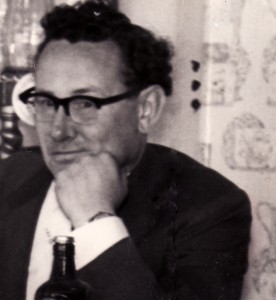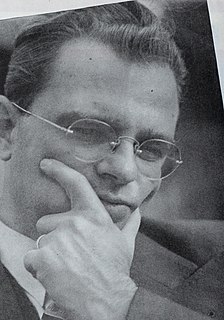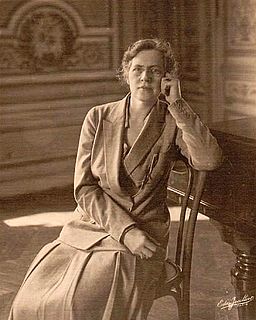A Quote by Heloise
If the portraits of our absent friends are pleasant to us, which renew our memory of them and relieve our regret for their absence by a false and empty consolation, how much more pleasant are letters which bring us the written characters of the absent friend.
Related Quotes
Pain itself can be pleasurable accidentally in so far as it is accompanied by wonder, as in stage-plays; or in so far as it recalls a beloved object to one's memory, and makes one feel one's love for the thing, whose absence gives us pain. Consequently, since love is pleasant, both pain and whatever else results from love, in so far as they remind us of our love, are pleasant.
The problem with clichés is not that they contain false ideas, but rather that they are superficial articulations of very good ones...If...we are obliged to create our own language, it is because there are dimensions to ourselves absent from clichés, which require us to flout etiquette in order to convey with greater accuracy the distinctive timbre of our thought.
It is pleasant to be virtuous and good, because that is to excel many others; it is pleasant to grow better, because that is to excel ourselves; it is pleasant to mortify and subdue our lusts, because that is victory; it is pleasant to command our appetites and passions, and to keep them in due order within the bounds of reason and religion, because this is empire.
True friends see who we really are, hear our words and the feelings behind them, hold us in the safe harbor of their embrace, and accept us as we are. Good friends mirror our best back to us, forgive us our worst, and believe we will evolve into wise, wacky, and wonderful old people. Dear friends give us their undivided attention, encourage us to laugh, and entice us into silliness. And we do the same for them. A true friend gives us the courage to be ourselves because he or she is with us always and in all ways. In the safety of such friendships, our hearts can fully open.
I was remembering the things we had done together, the times we had had. It would have been pleasant to preserve that comradeship in the days that came after. Pleasant, but alas, impossible. That which had brought us together had gone, and now our paths diverged, according to our natures and needs. We would meet again, from time to time, but always a little more as strangers; until perhaps at last, as old men with only memories left, we could sit together and try to share them.
A false identity is any lie that contradicts our God-given identities through Scripture. These false identities can be created by ourselves because of sin in our lives, choices made, or wrong turns taken and the regret, guilt, and shame that follows. Other false identities are handed to us by outside sources, maybe a damaging word spoken to us by someone or a childhood of abuse. However, not all false identities are negative on the surface, such as successful, attractive, wealthy, athletic, or talented. But even those identities can become false when we place too much of our weight on them.
Men ought to know that from the brain and from the brain only arise our pleasures, joys, laughter, and jests as well as our sorrows, pains, griefs and tears. ... It is the same thing which makes us mad or delirious, inspires us with dread and fear, whether by night or by day, brings us sleeplessness, inopportune mistakes, aimless anxieties, absent-mindedness and acts that are contrary to habit.
God has lent us the earth for our life; it is a great entail. It belongs as much to those who are to come after us, and whose names are already written in the book of creation, as to us; and we have no right, by anything that we do or neglect, to involve them in unnecessary penalties, or deprive them of benefits which it was in our power to bequeath.
It is so much easier to rest contented with what we have already acquired than to change ever so slightly those routine but profound habits of thought and feeling which govern our life, and by which we live so blissfully. This mental inertia is, perhaps, our greatest enemy. Insidiously it leads us to assume that we can renew our lives without renewing our habits.
